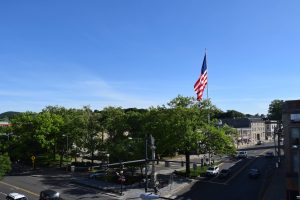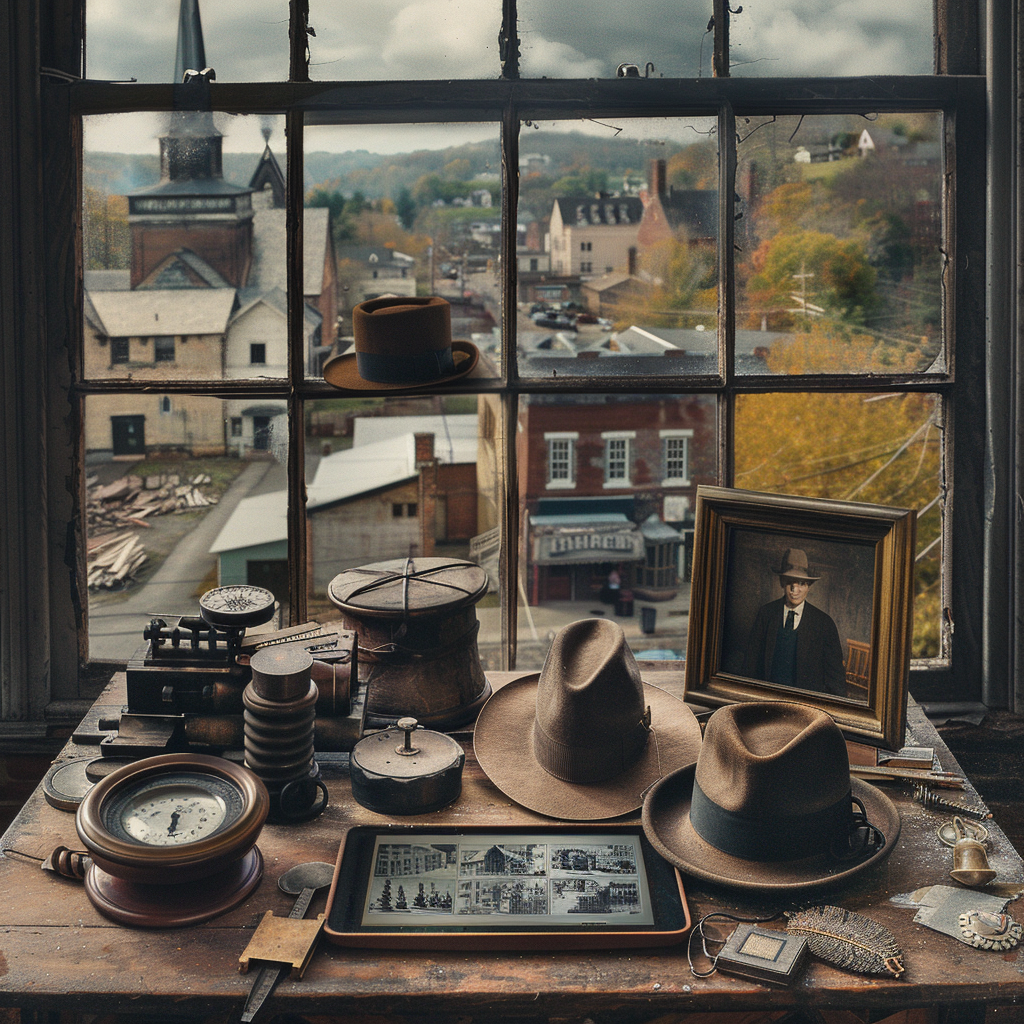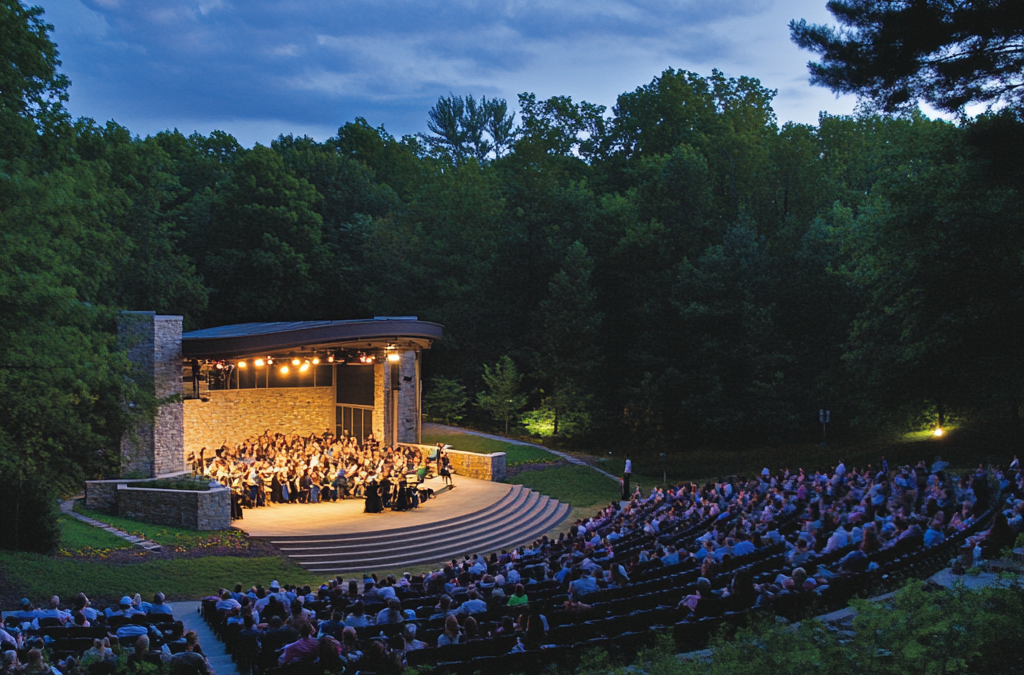Danbury, Connecticut, proudly wears the nickname “Hat City.” However, its history stretches far beyond the realm of haberdashery, boasting a vibrant past that continues to shape its present-day identity. This exploration unfolds the layers of Danbury’s story, from its earliest inhabitants to its current status as a dynamic hub.
Where it Began: The Land of the Paugussett
Long before European settlers arrived, the Paugussett tribe thrived on the land now known as Danbury. Skilled at utilizing the area’s natural resources, they left an enduring legacy that is woven into the fabric of the city’s early history.
A New Dawn: European Arrival and the Birth of Danbury
The late 17th century witnessed the arrival of the first European settlers in Danbury. Initially part of a territory acquired from the Paugussett by the English, Danbury was officially established as a town in 1702. This marked the beginning of a new chapter for the region.
The Crucible of War: Danbury and the American Revolution
The American Revolutionary War placed Danbury at the heart of the conflict. Serving as a vital military supply depot for the Continental Army, it became a target for British forces. In 1777, General Tryon led an attack that burned a portion of the town, an event etched in history as the “Burning of Danbury.”
From Felts to Fashion: The Rise of the Hatting Industry
The 19th century ushered in a defining era for Danbury – the rise of the hatting industry. High-quality hat production transformed the city into the world’s hatting capital, a title it held with pride for many years.
The Golden Age of Hats
The mid-1800s to the early 1900s marked the golden age of hatting in Danbury. This industry provided employment for a significant portion of the population and fueled the city’s growth and development.
The Iron Horse Arrives: The Railroad and Danbury’s Expansion
The arrival of the railroad in the 1850s proved to be a pivotal moment for Danbury. This new transportation network connected the city to broader markets, significantly bolstering the hatting industry and facilitating further growth.
The 20th Century: A Time of Transformation
The early 20th century saw the decline of the hatting industry, prompting Danbury to diversify its economic landscape. Manufacturing, trade, and service sectors began to take center stage, reshaping the city’s industrial identity.
A City Weathers the Storm: The Flood of 1955
The devastating flood of 1955, caused by Hurricane Diane, left a lasting impact on Danbury. In the aftermath, the city embarked on a major reconstruction project, leading to urban renewal and modernization – a turning point in its history.
A Modern Blend: Danbury Today
Today’s Danbury seamlessly blends its historical heritage with modern development. It has blossomed into a diverse and vibrant community that prioritizes education, culture, and economic development.

Echoes of the Past: Preserving Danbury’s Legacy
Danbury’s unwavering commitment to preserving its history is evident in its treasured landmarks. The Danbury Railway Museum, the Danbury Museum & Historical Society, and the Tarrywile Park & Mansion stand as testaments to the city’s rich heritage.
Danbury: Embracing the Future
As Danbury strides into the 21st century, it continues to evolve, striking a balance between its historical roots and modern advancements. The city remains focused on sustainable growth, community development, and safeguarding its unique identity.
Intrigued to explore Danbury’s captivating story for yourself? The city awaits with open arms, ready to share its remarkable past and vibrant present. So, delve into its museums, stroll its historic streets, and discover the enduring spirit of Danbury, Connecticut.
Source: exploreconnecticut.com






